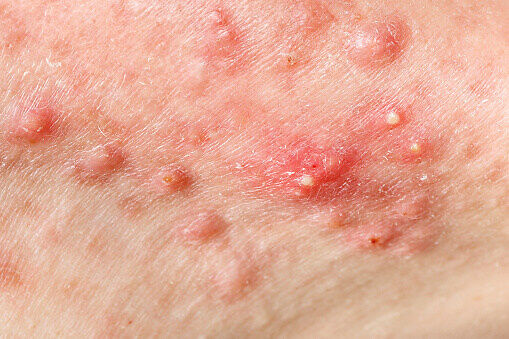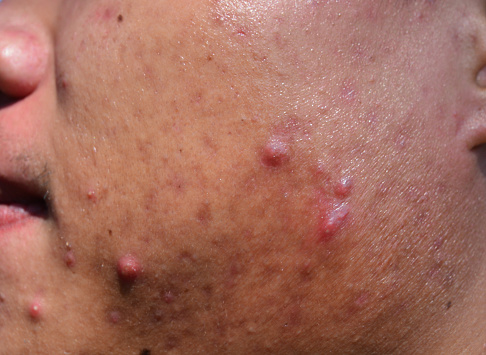An Intro to Cystic Acne: Do Food Allergies Cause Cystic Acne?
There are many reasons to suspect a food allergy for cystic acne. These reasons may be related to food, while others could be due to allergies to cosmetic chemicals. If you are unsure which of these causes is the culprit, consider discussing your allergies with your doctor. If you suspect a food allergy, consult a dermatologist for help. Some people develop acne after consuming certain foods. It is a sign that something is causing inflammation in the body.
Several studies have linked certain types of food allergies to cystic acne. However, it is unknown whether these allergens cause acne or simply make the condition worse. Although certain foods may trigger an allergic reaction, this doesn’t mean that it causes cystic blemishes. Diet is a significant contributor to cystic acne. Those with high-fat diets are at a greater risk for the condition, while overweight people are more susceptible to the symptoms.
While food allergies don’t directly cause acne, they can trigger an allergic reaction, making breathing difficult and even life-threatening. It is essential to avoid foods with a suspected food allergy and see if your cystic acne clears up. Another common cause of acne is stress and being overweight. These factors can disrupt hormone levels and contribute to the outbreaks. For these reasons, it is essential to understand the causes of your cystic blemishes and to find out if a particular ingredient can cause your breakouts.
Different Causes of Cystic Acne:
There are many different possible causes of cystic acne. A food allergy likely triggers your breakouts. The reason for cystic blemish isn’t food, but a combination of factors, including stress, diet, and hormonal activity. These factors can all affect your acne condition. And, while there is no definitive cause for your specific case, you can take steps to reduce your risk of developing cystic acne.
Food allergies can cause a severe anaphylactic reaction that can make breathing difficult. In extreme cases, this reaction may be fatal. To prevent this from happening, avoid eating the offending food or products. If you’re suffering from cystic acne, try to limit the amount of these foods and proteins. If you notice that the acne clears up after a short time, you should stop consuming them.

Avoid foods containing known allergens. These could cause anaphylactic reactions. A food allergy can make breathing difficult. In these cases, it’s essential to avoid foods with a known allergy. You should avoid food that contains the allergen or offending protein until the condition clears up. Also, try to eliminate stress and overeating. These can disrupt hormone levels in your body and cause acne. Therefore, avoiding these foods may alleviate your cystic acne.
Although food allergies do not cause this acne, they can trigger it. It can lead to anaphylactic reactions in extreme cases, making breathing brutal and fatal. If you suspect a food allergy, it’s essential to avoid it and see if your cystic acne clears up. Alternatively, it could be a sign of other underlying issues. Changing your diet can be helpful, but it’s best to consult a doctor to avoid eating any offending foods.
Regardless of what triggers your acne, food allergies can also cause a cystic acne breakout. While food allergies are rare, they can still trigger an outbreak. It’s best to consult a doctor about your diet if you suspect food allergy symptoms. If you have cystic pimples, you should limit your skincare routine to four items. Be sure to visit a dermatologist for a diagnosis. Do not pop them at home!
If you’re allergic to a particular food, it’s essential to check with your doctor. Having an allergy can cause a severe reaction, especially if you have a weakened immune system. In this case, you should consult a dermatologist for help. Your doctor can treat cystic acne. Also, you should check for food allergies in your diet. More common food allergies include peanuts, dairy, and fish.

